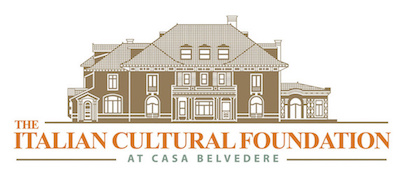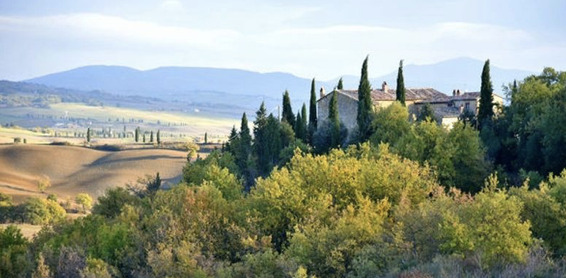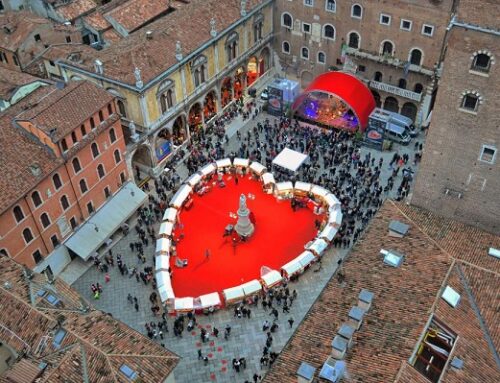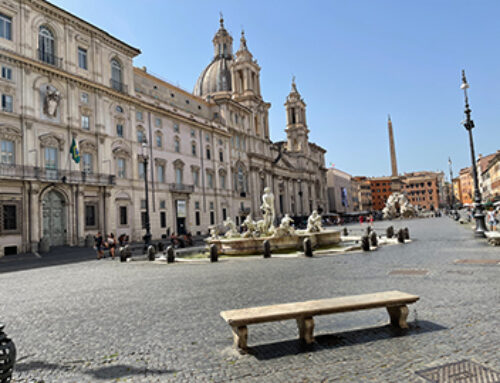Relax in campagna in un agriturismo!
Italy’s cities offer cultural wonders, famous restaurants, tourist attractions, and lots of hotels. But the beauty of the Italian countryside is best experienced through “agriturismo” in which tourists can stay on a farm. Some are rustic and perfect for families. Others have high-end amenities like pools and luxurious private suites.
Small-scale farming used to be a way of life in Italy, but has diminished in recent decades. In the mid-1980s, the Italian government created a legal definition for “agriturismo” that allows – and sometimes funds – the restoration of abandoned rural buildings and estates. These “agriturismi” allowed small farmers to make some extra money by hosting tourists and letting them experience the rural way of Italian living.
Many small farms can still be found across Italy, especially for cheese, wine and olives. An estimated 20,000 registered Italian farmers supplement their incomes through agriturismo, and help preserve Italian farming practices, traditions, and cuisine.
Many of these farm stays are affordable; each one is unique, with different experiences. Some require a minimum number of nights; others will let guests stay just one night, and sometimes with a last-minute booking. It’s important to remember that hosts are farmers first, so don’t expect concierge service, and some rooms might not have air conditioning.
Some agriturismi do have specialties, such as total immersion in nature; a wellness experience with spa services; or activities such as horseback riding, swimming, and other sports. Many are centered on culinary experiences, with cooking lessons and/or local food tastings and tours. You may be allowed to feed farm animals, pick fruits and vegetables, sample local wines and olive oils, or watch farmers make cheese, salami and other specialties. Some agriturismi even offer truffle and mushroom hunts.
Typically, guests who stay at an Italian agriturismo will dine on authentic Italian meals prepared in the farm kitchen from foods produced on the farm or from local merchants. Some serve just breakfast, others also serve dinner. In addition, guests can sometimes participate in simple farming activities such as picking vegetables or milking cows – although exchanging labor for lodging is prohibited.
The best way to find the perfect match is to search accommodation booking sites such as the Agriturismo.it website, which has reviews, photos, and other details. It’s important to consider the location; some are deep in the countryside and will require a car; others are located near cities and towns, with some owners willing to pick you up.
Rooms also vary with each agriturismo. You may stay in a cozy, basic room, or a separate small apartment with its own kitchen. In recent years, some agriturismo have become quite luxurious. One of the most famous is Il Fontanaro, an organic farm in Umbria, where guests stay in large cottages with Wi-Fi, king-size beds, and infinity salt pools overlooking vineyards.
Other notable agriturismi include:
Masseria Il Frantoio in Puglia is a 500-year-old farm where guests sleep in whitewashed rooms with high-vaulted ceilings and wrought iron beds, surrounded by olive groves and orchards.
Le Campestre outside of Naples is a family-run farm that produces a highly coveted ewe’s milk cheese, aged in terracotta jugs. Guests are served traditional Campania cuisine prepared largely from local foods.
At the picturesque Tenuta La Pila in Veneto, guests can take horseback or bike rides, enjoy Venetian cuisine, and sleep in rustic rooms with exposed brick, high beams and antique furniture.
Casa Clelia in Lombardy was one of the first agriturismi. The former convent dates back to the 11th century; it has been restored and boasts large guest rooms.
In Sicily, Duca di Castelmonte has old barns and stables that have been converted to wonderful guest rooms. Or for something different, guests can opt for glamping in fully-equipped tents among fruit trees and olive groves.
Want to learn more? Click here for a special video presentation on this subject.
The Italian Cultural Foundation at Casa Belvedere is a not-for-profit organization that celebrates everything Italian by sharing stories such as this, and offering exceptional public programs: Language and cooking classes; art and photo exhibits; film festivals; opera luncheons and casino nights; Italian car shows and fashion shows; live concerts and theatrical performances; guest chef experiences and wine tastings; bocce and bingo (tombola); and much more. Casa Belvedere (house with a beautiful view) has established itself as a vibrant and buzzing cultural center in New York City. For more information, visit casa-belvedere.org.






